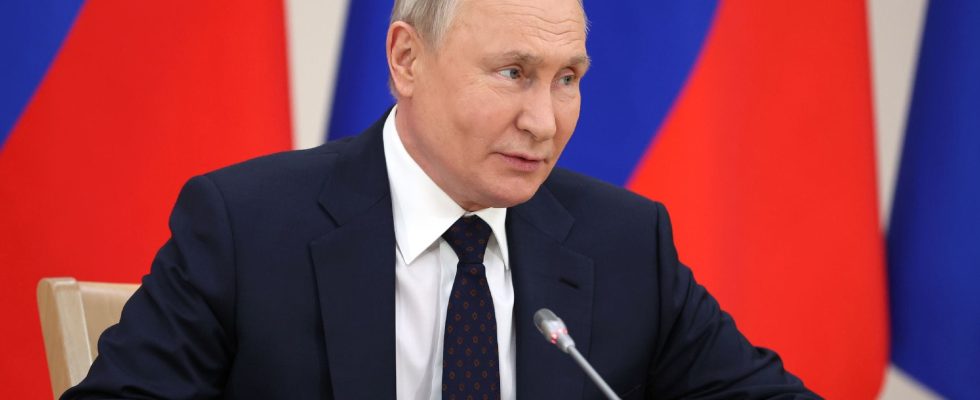In 2024, one in two people on the planet will go to the polls. From January, the voters of Bangladesh (173 million souls), Taiwan (24 million), Finland (5 million) but also Bhutan, the Comoros or the islands of Tuvalu, in the Pacific, will elect a new president or their parliament. In December, the “super electoral year” will end in Ghana, with the presidential and legislative elections. In the meantime, 72 other states will have organized polls, including eight of the ten most populous nations in the world: India, Indonesia, Pakistan, Bangladesh, Russia, United States, Mexico, Brazil.
With 37 votes, Europe is the continent where electoral activity will be the most intense. In June, 400 million voters of the Twenty-Seven will nominate 720 MEPs. The far right could emerge victorious. In Taiwan, 18 million voters will decide, on January 13, the outgoing candidate of the Democratic Progressive Party and the opponent of the Kuomintang, better disposed towards China. In Mexico (July), the presidential election will pit two women against each other. In Britain, Labor could return to power after twelve years in opposition.
Democracy put to the test of social networks and AI
But there is election and election. All voters on earth are not in the same boat, depending on whether they live in a democracy, under an authoritarian illiberal regime or in a dictatorship. Moreover, the autocrats’ taste for – in appearance – democratic elections is surprising. For them, it is a question, at regular intervals, of legitimizing their hegemony. A first electoral farce will take place in Belarus in February during the legislative elections, followed by another, in Russia in mid-March, with the presidential election. Putin will be elected for a fifth term with more than 80% of the vote, aiming to demonstrate that he is more popular than in 2018 (he obtained 77% of the vote).
As in previous years, real democracies are at the mercy of disinformation spread by social networks. But in 2024, the problem is even more acute. New generative artificial intelligence (AI) makes the production of deepfakes, these ultra-realistic fake images, videos and audios. In Bangladesh (legislative elections on January 7), false malicious videos have been circulating for weeks, making unpopular comments made by opposition candidates. In the fall, fake audio made people believe in Slovakia that the leader of the pro-European centrist party was planning to increase the price of beer…
If the most lucid citizens are not fooled, the fake news instill the poison of doubt everywhere. To remedy this, democracies should impose strict rules on the platforms that spread them. The EU recently did this, via the Digital Services Act (DSA), which requires them to act more forcefully against disinformation. But we must also equip ourselves with the means to enforce the law. However, the example of Slovakia shows that this is not the case. Platforms should also promote reliable content. That’s far from being the case. “We are not asking them to distinguish truth from falsehood, but to distinguish sources which apply the ethical and professional standards of journalism – and to promote them,” explains Camille Grenier, director of operations of the Forum on Information and Democracy . On the other side of the Atlantic, the American presidential campaign – voting on November 5 – will serve as a crash test by putting democracy to the test of AI.
War in Ukraine, conflict in the Middle East, tensions in the Red Sea and the South China Sea, rise in power of the Chinese navy, Trump’s electoral victory, rapprochement with Putin, United States becoming isolationist, progression of the far right in Europe (and dissensions among the Twenty-Seven over aid to the Ukrainians), migrant crisis, friction on the Guyana-Venezuela border and fake news galore: the cocktail looks like a deadly potion. In January 2025, the international order that emerged from the Second World War will perhaps be turned upside down like never before. Happy New Year anyway!
.
